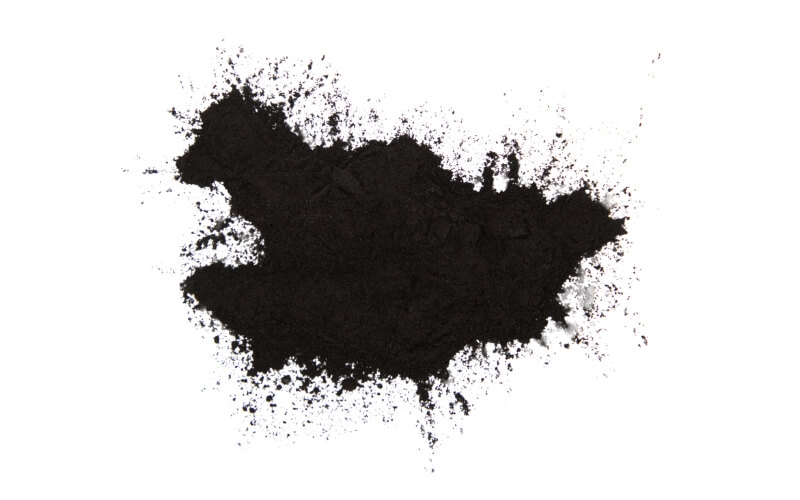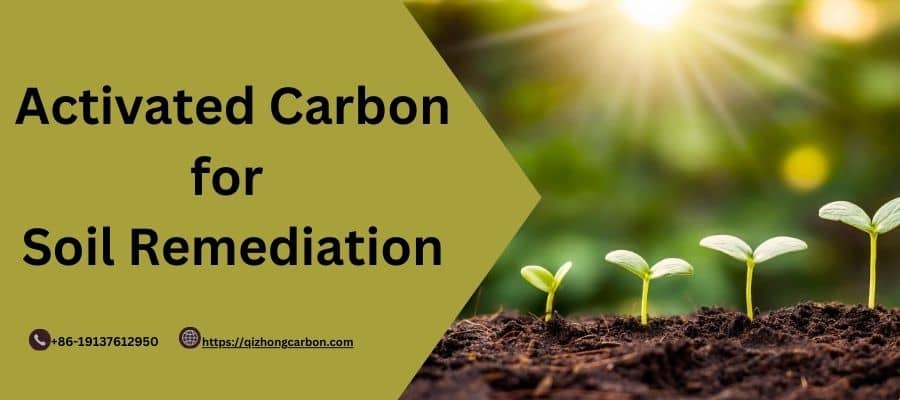Industrialization and urbanization have led to serious problems of soil contamination, with pollutants threatening the ecological balance and human health. Although soil has self-purification ability, many pollutants need to be treated by man.
Activated carbon has become an effective means of soil remediation due to its strong adsorption properties. In this paper, we will discuss the application of activated carbon in soil remediation and how to choose the appropriate products.
The Importance of Activated Carbon in Soil Remediation
Activated carbon, as a multifunctional adsorptive material, provides a green and efficient solution for soil remediation. It not only adsorbs heavy metal ions and organic pollutants from the soil but also improves soil structure and enhances the soil’s water and fertilizer retention capabilities. Furthermore, the application of activated carbon can promote the growth of soil microorganisms, accelerating the natural remediation process of the soil.
The Application of Activated Carbon in Soil Remediation

1. Soil Remediation
The three commonly used technologies for contaminated soil remediation all require activated carbon as the final adsorbent. Depending on the type of pollutant, different activated carbons should be selected for targeted adsorption.
- Washing Method
- Thermal Treatment
- Steam Treatment
In the above three methods, the pollutants in the soil are first transferred to the liquid or gas phase before being removed by activated carbon. According to the different pollutants, different activated carbon needs to be selected for targeted adsorption.
2. Soil Improvement
Activated carbon plays a multifunctional and crucial role in soil improvement, effectively optimizing soil structure and enhancing soil aeration and permeability. The high adsorption capacity of activated carbon not only strengthens the soil’s nutrient retention ability but also reduces pesticide residues and heavy metal toxicity. It also has significant effects on regulating soil pH and improving water management.

Moreover, activated carbon provides an ideal habitat for soil microorganisms, promoting the activity of beneficial microorganisms, thereby increasing soil fertility. As a stable source of organic carbon, activated carbon directly enhances the soil’s organic matter content.
Activated Carbon Selection
In the field of soil improvement, coal-based powdered activated carbon performs more excellently. This is because coal-based powdered activated carbon has higher porosity, larger specific surface area, and stronger adsorption performance compared to wood-based powdered activated carbon. These characteristics can promote microbial activity and organic matter decomposition in the soil, thereby improving soil fertility, soil structure, and promoting plant growth.

Qizhong as a professional activated carbon supplier, we provide high-quality coal-based powdered activated carbon products that can meet various soil remediation and improvement needs. Our product advantages include:
- Strong adsorption capacity, with good removal effects on a variety of pollutants
- Relatively low price, suitable for large-scale applications
- High mechanical strength, stable in the soil
- Developed pore structure, large specific surface area
Conclusion
As a professional activated carbon supplier, we not only provide high-quality coal-based powdered activated carbon products, but when you face soil pollution issues, our team of experts can also provide professional advice and technical support at any time.
